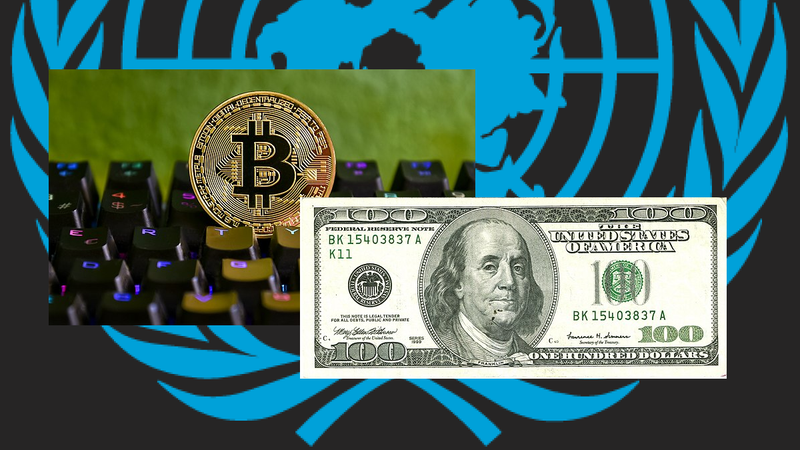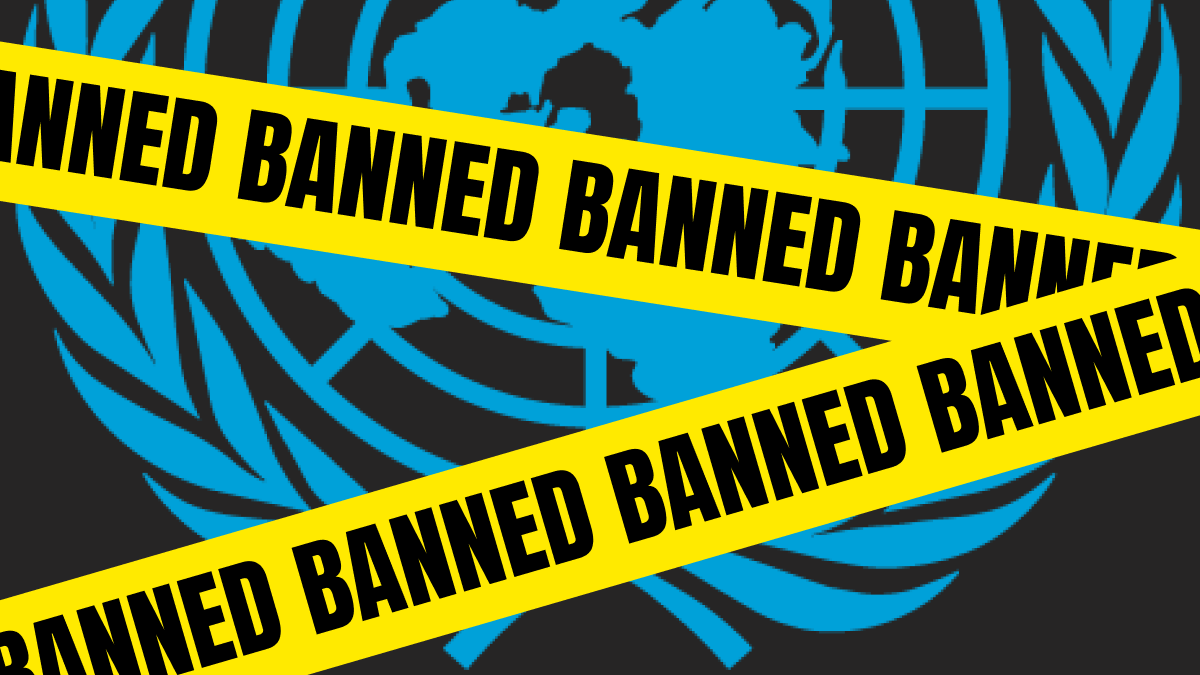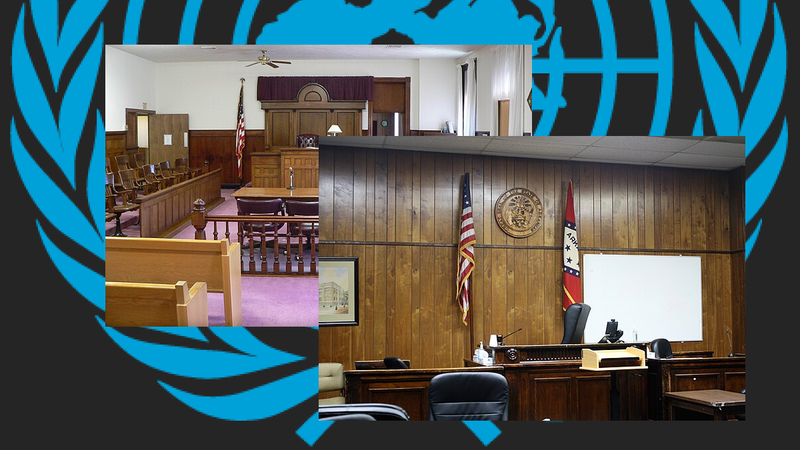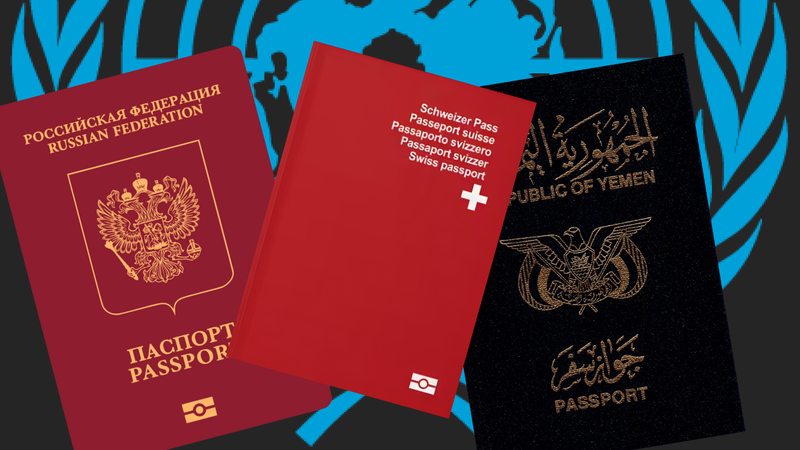The Myth of Financial Inclusion
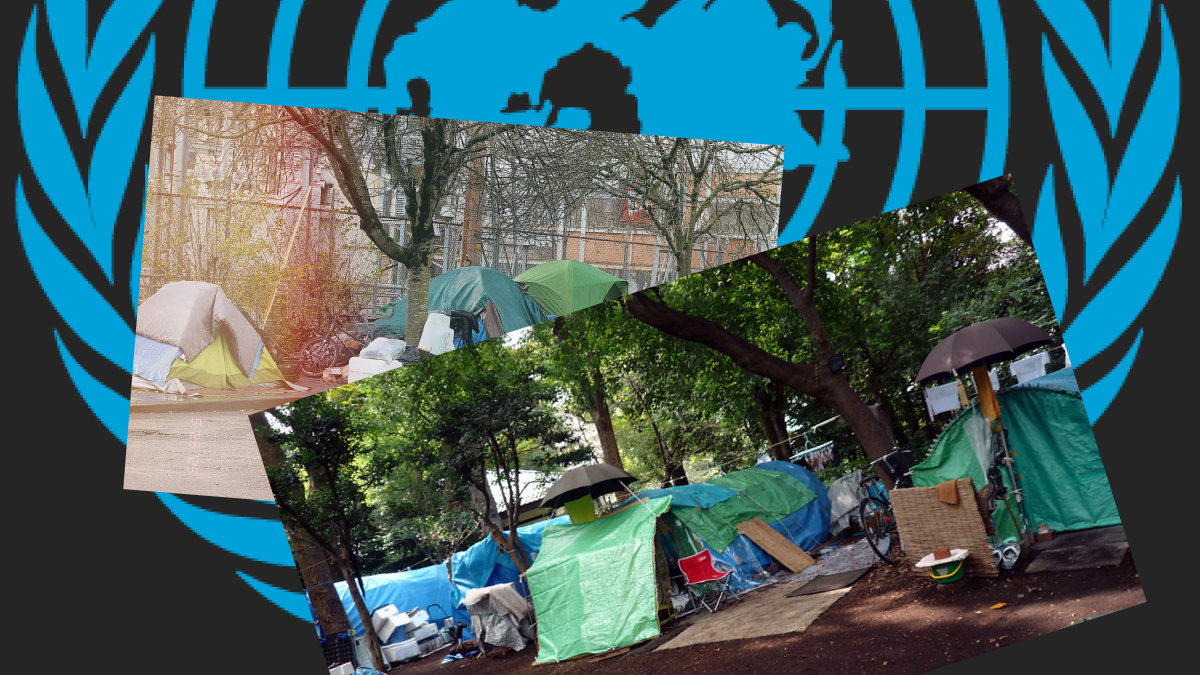
This article is part of a six-part educational series in cooperation with the non-custodial, peer-to-peer Bitcoin exchange Vexl.
“All human beings are born free and equal in dignity and rights. They are endowed with reason and conscience and should act towards one another in a spirit of brotherhood.”
– Universal Declaration of Human Rights, Article 1
A few years ago, I met a man called Karl. I’d see him almost every day, selling newspapers on the street for change, camping out in front of my local supermarket. At some point, we struck up a conversation. He told me that he used to be a dog trainer, “before everything, you know.” Since I am always looking for dog sitters, and Karl is always looking for money, we decided to give it a shot: Karl would watch my dog when I went to the gym, and I paid him in return.
“Couldn’t this be something, to sign you up to one of these dog walking apps?” I said to him, offering that I could manage the account for him. He laughed. “That would be a great idea, but I don’t have a bank account.”
No Address, No Bank Account
Karl, as countless others living on the street, has been stuck in an infinite loop of unnavigable bureaucracy. He doesn’t have a home so he can’t get a bank account, and without a bank account, he couldn’t get a job.
States around the world offer a range of solutions to issue IDs to homeless people, by replacing a home address with a shelter address or statements like “no fixed abode,” indicating that the person is without fixed residence. “Is this something that banks would accept?” I asked. Karl laughed again. “What do you think?”
Many countries offer the right to a bank account, in which financial institutions are required to service people without a fixed address – in theory. In practice, these basic accounts routinely get denied, citing concerns over anti-money laundering, the inability to conduct adequate know-your-customer checks, or bad credit scores. While officially illegal, people like Karl don’t exactly have the means to take it up with the establishment. And so the cycle continues indefinitely.
This problem is increasingly intensifying as our financial system paves its way toward a cashless society. Even if Karl could get a bank account, he couldn’t be shipped the PIN to access the bank’s services, he doesn’t have a smartphone, faces a lack of reliable access to electricity, and of course, has no way to access the internet. Cashless societies assume that everyone is housed and has access to basic services, which isn’t true at all – an issue that has sparked numerous debates.
The 9/11 Aftermath
Many of us may not be able to remember a world in which you didn’t need to show a Government ID to gain access to financial services. Interestingly, it’s a world that’s not too far gone. A mere 20-or-so years ago, no official restrictions existed to mandate to a bank how customers had to ID themselves. Instead of requiring passports, drivers licenses, or other forms of national IDs, banks could accept employer confirmation letters, utility bills, health insurance- or library cards, student IDs or church memberships, specifically allowing the opening of accounts without a photo ID.
These policies were in place to ensure that banks could conduct a basic level of customer due diligence, while increasing financial inclusion for low-income communities or undocumented immigrants. Especially local banks, like community development banks or credit unions, advocated for such flexible ID policies to service the unhoused.
Like much on earth, this all changed with 9/11. Just 45 days after the attacks on the Twin Towers, Congress passed the “Uniting and Strengthening America by Providing Appropriate Tools Required to Intercept and Obstruct Terrorism Act of 2001” with overwhelming majority, signed into law by George W. Bush on October 26th, 2001.
Today, the Bill is better known as the Patriot Act. It enabled warrantless surveillance, bulk collection of data, secret searches and, in some cases, the exemption from due process laws, granting the executive branch unprecedented powers. It also mandated that banks may only accept Government issued IDs to open bank accounts on behalf of customers, attempting to fight terrorist financing.
As with most anti-money laundering policies, what the US does, the rest of the world follows. In 2003, the Financial Action Task Force, a global, inter-governmental organization leading anti-money laundering policy development around the world, made strict know-your-customer checks a core directive of customer due diligence checks. With the 3rd anti-money laundering directive in 2005, these recommendations were enacted in the EU.
With this, the US Patriot Act did not just strip US residents of their civil liberties, but set in motion a series of policies that would change banking around the world – a series of policies in which people, like Karl, may have a formal right to equality and dignity, but are discarded by the system in a society that has forgotten what it means to treat each other as brothers, not as enemies.
Karl, and people like him, are the collateral damage of an overly zealous regime that does little to stop crime, but does everything to discriminate against others based on their income, nationality, or place of birth. And he is not the only one. In our next article, we’ll explore how administrative sanctions – a primary tool in economic warfare – cause people from around the world to be cut off from the financial systems for crimes they did not commit.



